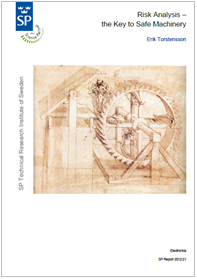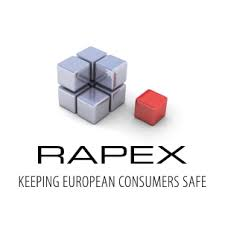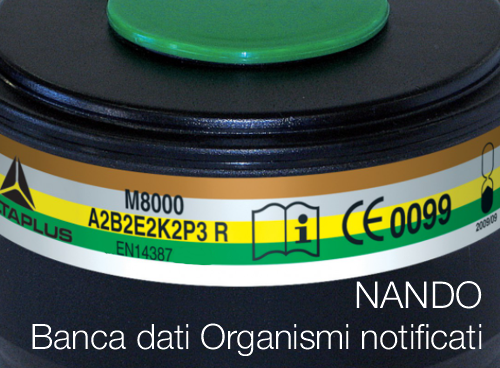// Documenti disponibili n: 46.588
// Documenti scaricati n: 36.655.283

Machines meant for professional use that are made operational, and were completed after 1995, are required to fulfil the Directive 2006/42/EC on machinery unless they are unequivocally excluded*.
In annex I of the directive, the very first sentence reads:
“The manufacturer of machinery or his authorised representative must ensure that a risk assessment is carried out in order to determine the health and safety requirements which apply to the machinery. The machinery must then be designed and constructed taking into account the results of the risk assessment.”
The interpretation is that a risk analysis is an essential part in the design and evaluation process before a machine is released on the market within the European Community. Risk assessment is the overall process of risk analysis and risk evaluation [ISO 12100:2010].
The directive also states that the process should be iterative and that appropriate measures should be taken for risk reduction. The principle for risk reduction in the machine directive reads as follows:
“In selecting the most appropriate methods, the manufacturer or his authorised representative must apply the following principles, in the order given:
- eliminate or reduce risks as far as possible (inherently safe machinery design and construction),
- take the necessary protective measures in relation to risks that cannot be eliminated,
- inform users of the residual risks due to any shortcomings of the protective measures adopted, indicate whether any particular training is required and specify any need to provide personal protective equipment.”
For practical purposes the directive states that equipment that has been manufactured in conformance with a harmonised standard that has been referenced in the Official Journal of the European Union, shall be presumed to fulfil essential health and safety requirements.
Conforming to a standard can be of great benefit to the manufacturer, since it makes it easier to prove that necessary precautions have been taken.
In conclusion a risk analysis is the foundation that safety always has to be built on; a complete risk assessment is the approach to show confirmation with applicable laws and directives for safety of machinery and working environment.
SP Technical Research Institute of Sweden
Erik Torstensson

Report 34 del 26/08/2022 N. 29 A12/01204/22 Germania
Approfondimento tecnico: Macchina da taglio laser a fibra
Il prodotto, di marca Ermaksan, mo...
ISPESL Quinto Rapporto sull'attività di Sorveglianza del Mercato per i prodotti che rientrano nel campo di applicazione della Direttiva Mac...

ID 1288 | Update 11.03.2021
Nel Documento generale allegato e nei singoli Documenti allegati, elenchi completi di Orga...
Testata editoriale iscritta al n. 22/2024 del registro periodici della cancelleria del Tribunale di Perugia in data 19.11.2024